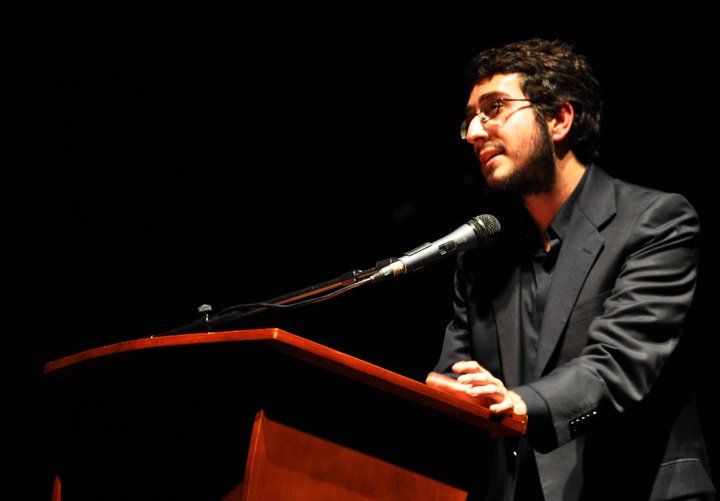Javier Osuna has been the victim of information thefts, break-in attempts and intimidation. All while being 'protected' by Colombia's UNP.
This statement was originally published on rsf.org on 11 May 2016.
Reporters Without Borders (RSF) is worried about failings within Colombia’s National Protection Unit (UNP), which is supposed to protect journalists, and reiterates its support for Javier Osuna, a Bogotá-based freelance journalist who for years has been the target of phone tapping and repeated intimidation attempts.
In the past five months, Osuna has been the victim of information thefts, break-in attempts at his office, and acts of intimidation by men on motorcycle while driving in his car. The UNP has nonetheless supposedly been protecting him since August 2014 and stepped up his protection in early 2015 after computers were set on fire inside his home.
The UNP’s effectiveness and above all its integrity are therefore at issue.
As a result of these latest events, Osuna tried to have his police “bodyguard” changed and suggested a replacement, because he suspected that the bodyguard appointed by the UNP could be directly linked to a paramilitary group he is writing about and to the continuing acts of harassment. Osuna also discreetly asked the UNP to explain its appointment system.
The bodyguard somehow illegally learned of Osuna’s request and the UNP’s rejection of Osuna’s proposed alternative on the grounds that this person did not “fulfil the required conditions”. At the same time, the UNP provided Osuna with no further information about its appointment process.
A new police bodyguard was nonetheless assigned to Osuna but, on 2 May, another of Osuna’s bodyguards received anonymous threatening phone calls on their private line, followed by emails containing a virus summoning them to a bogus court hearing on the same day and at the same time as a meeting at the UNP that Osuna was also supposed to attend.
“These irregularities within a body that is supposed to protect endangered journalists is extremely worrying,” said Emmanuel Colombié, the head of RSF’s Latin America desk.
“The Javier Osuna case highlights the enormous difficulties encountered by Colombian journalists who cover sensitive stories and is indicative of the level of corruption in Colombia. The Colombian authorities have a duty to protect Osuna and must urgently overhaul the UNP and make it more transparent.”
In 2015, on the 15th anniversary of the UNP’s creation, RSF, the Foundation for Freedom of Expression (FLIP) and the Colombian Federation of Journalists (FECOLPER) launched a campaign called Periodismo en Riesgo (Journalism in Danger) to draw attention to the UNP’s flaws and call for its reform.
This is not the first time Osuna has denounced the way he is being persecuted. In an open letter in September 2014, which RSF relayed, he wrote about the difficulties of being an investigative reporter in Colombia and the lack of importance assigned to journalism in his country.
Colombia is ranked 134th out of 180 countries in RSF’s 2016 World Press Freedom Index.



